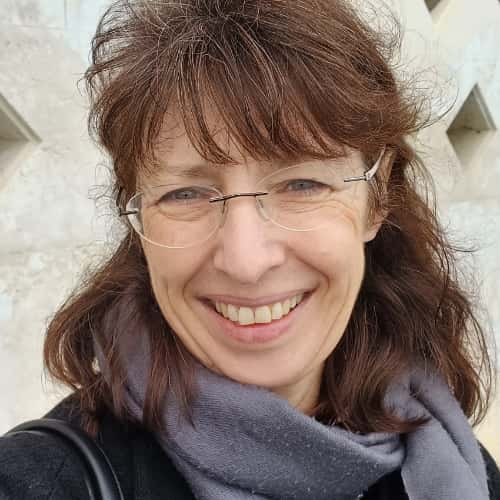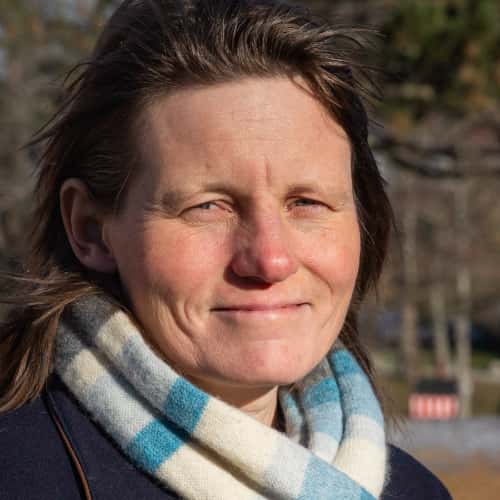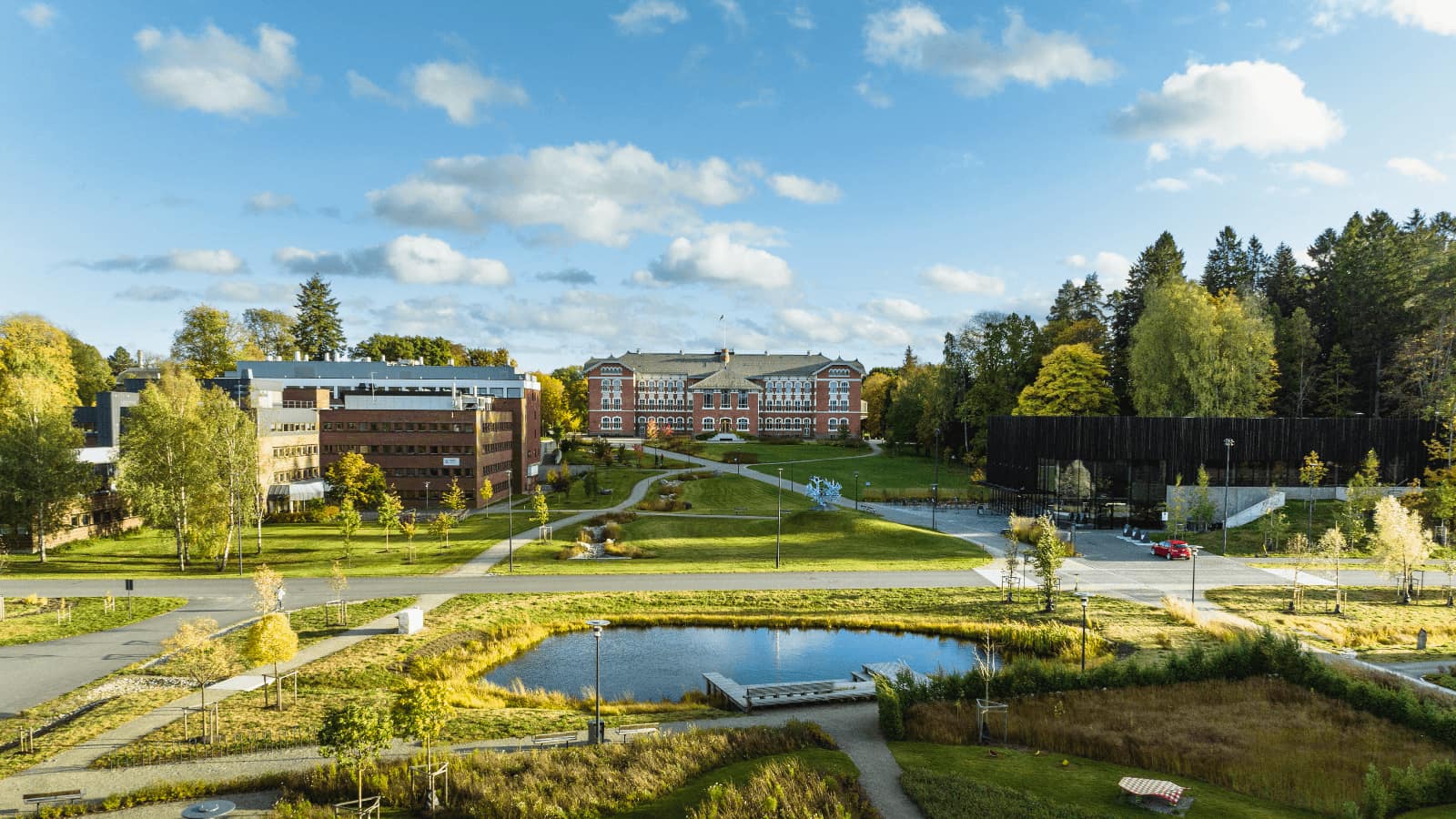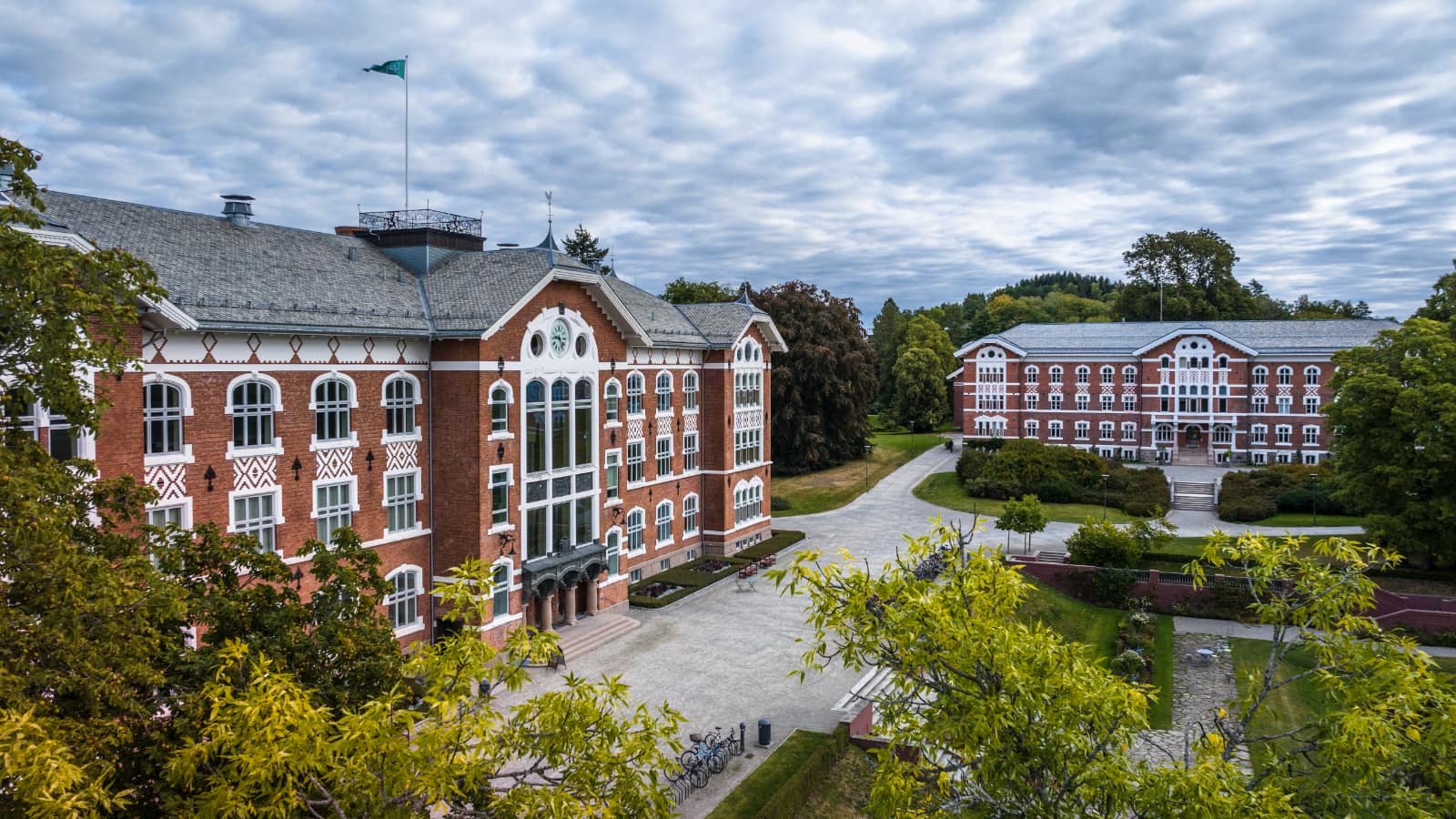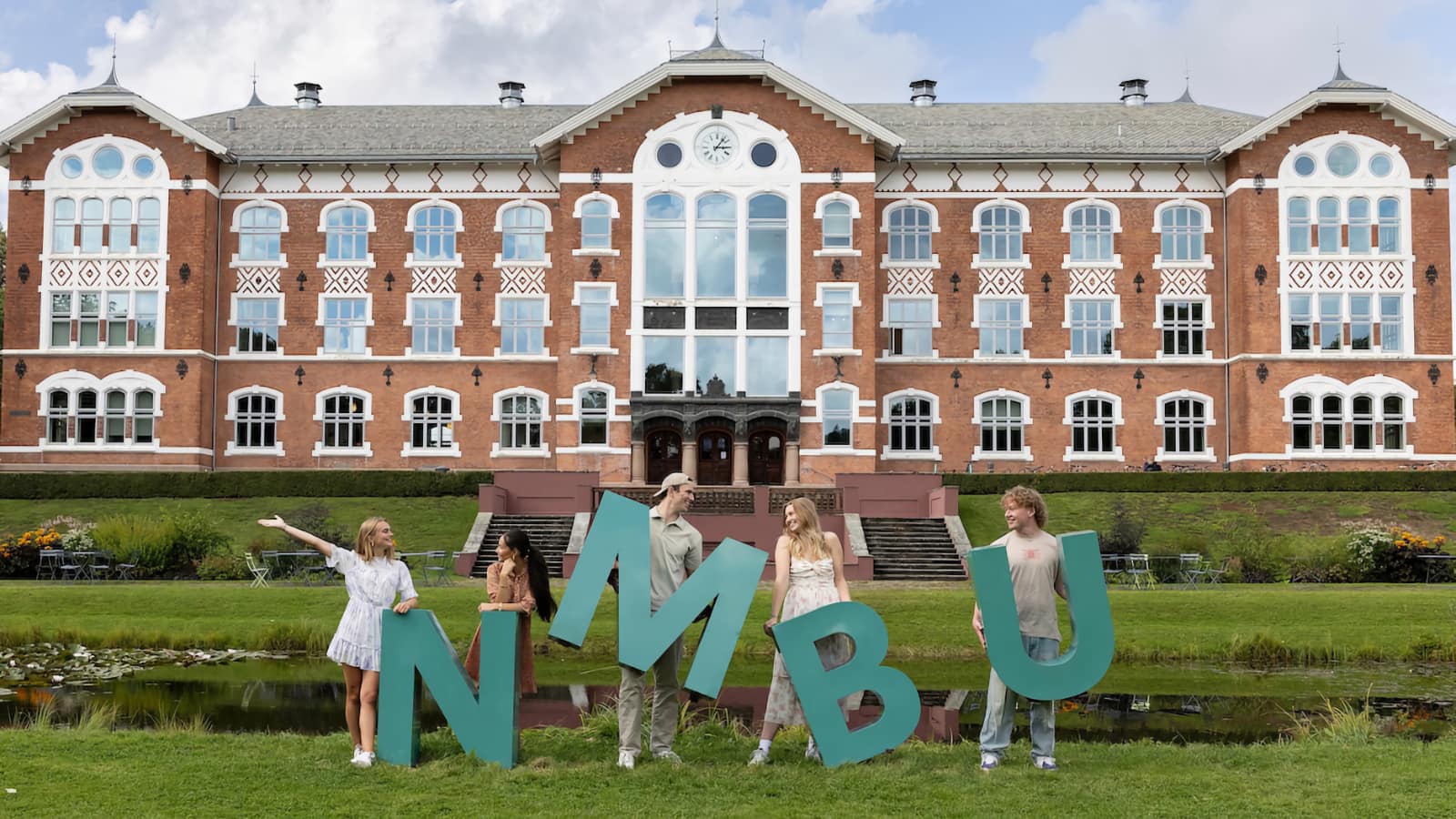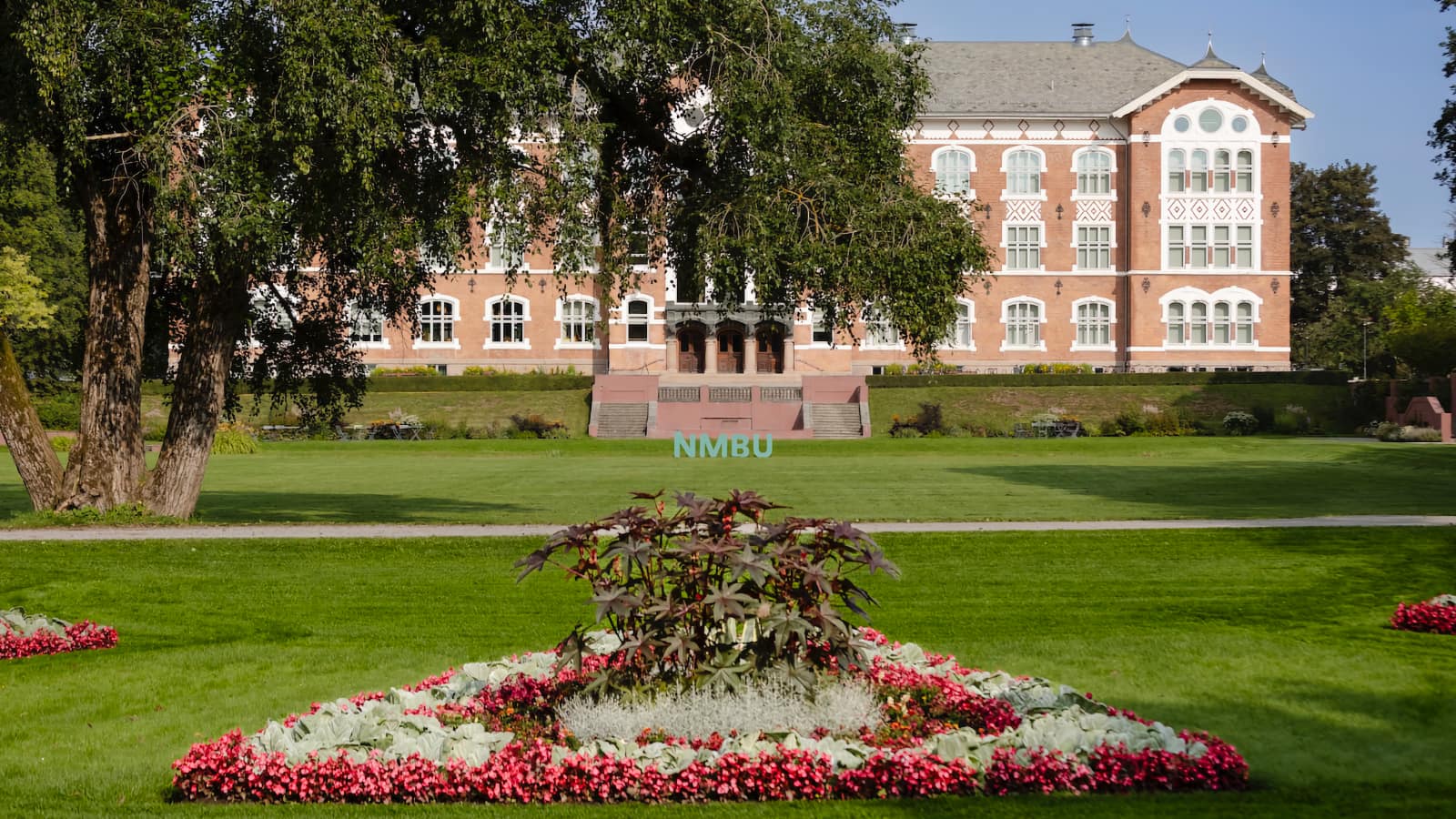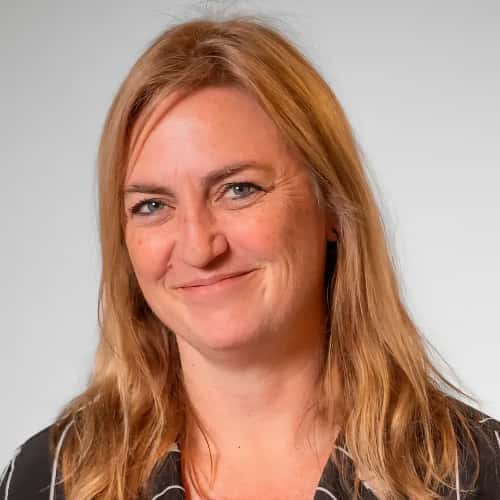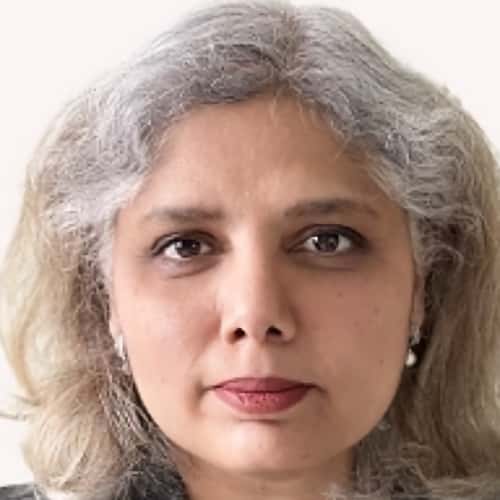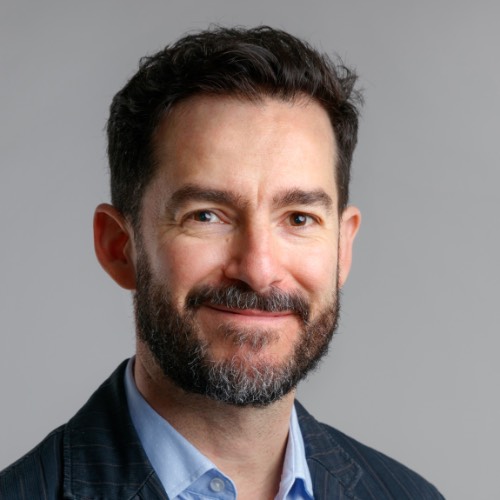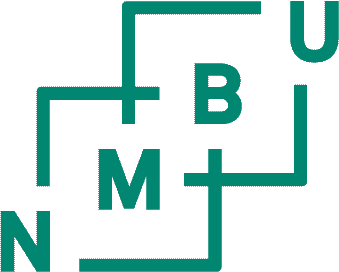Global North and South
Globally, scholars have demonstrated that urban growth and urbanization have a significant impact on climate change and the environment. This impact is evident in both the Global North and the Global South, though the challenges and solutions often differ due to varying levels of development, resource access, and social priorities. In recent years, experts from various disciplines have increasingly focused on strategies to adapt to the consequences of climate change. These efforts include conserving biodiversity, protecting water resources, and improving micro-climates within cities and regions to enhance resilience and sustainability. In the EU, for example, such strategies align with the ambitious goal of achieving climate neutrality by 2050, a target that has inspired innovations in urban planning and technological integration. Globally, the adoption and integration of new technologies have become a key priority to achieve long-term sustainability, with tailored approaches required to address the unique needs of both developed and developing contexts in the Global North and South.
Challenges
Schools of planning play a pivotal role in addressing these challenges by contributing knowledge, data analysis, strategies and practices that strengthen the adaptive capacity of the built environment in response to climate change. Alongside tackling critical environmental issues, these institutions are placing greater emphasis on the potential of emerging technologies. Planning Schools contribute to developing new tools and solutions based on technologies such as artificial intelligence (AI) in fields such as green mobility, energy transitions, social and ecological innovation, and are able to educate future planners in skills and expertise required to navigate increasingly complex urban challenges. Furthermore, planning education is evolving to equip future planners with the skills and expertise needed to navigate these increasingly complex issues.
Growing complexity
In this context, the HoS event aims to foster an inspiring and dynamic debate among schools of planning. Discussions will center on the core environmental and technological topics that shape their research agendas and educational programs. Particular attention will be given to addressing the growing complexity of environmental and societal challenges, emphasizing the importance of transdisciplinary approaches. Additionally, the event will highlight the pivotal role of these institutions in preparing the next generation of planners and related professionals to navigate this complexity and tackle the environmental and technological challenges of the future.
General Program
- Oslofjord - the fringe between urban development and fjord
- Hovinbyen as an urban transformation area
EXCO MEETING | MARCH 11
Location: C213, Cirkus, NMBU Campus
COREP MEETING | MARCH 12
Location: TF3 Building, Realtek, NMBU Campus
at participants’ own expense
HEADS OF SCHOOLS EVENT | MARCH 13
Location: Gullvepsen, Bikuben, NMBU campus
Conversation with Andrea Frank, Siri Eriksen and Målfrid Baik
Moderated by: Matthew Cashmore Matthew Cashmore | NMBU (NMBU)
Format: Interactive session with audience participation
Location: Insikt Room, School of Veterinary
Location: Insikt Room, School of Veterinary
• Maria Håkanson, President of Aesop and Professor at KTH
• Grete Patil, Vice-Dean of Education at the Faculty of Landscape and Society.
CITY TOURS | MARCH 14
Speakers
